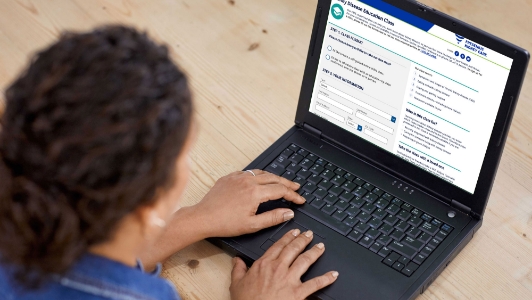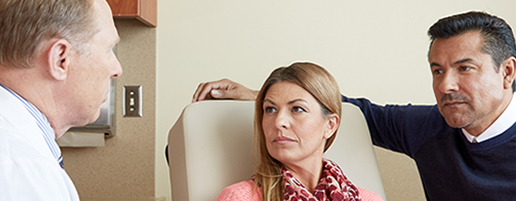
The Stages of Chronic Kidney Disease

5 STAGES OF KIDNEY DISEASE
Stage 2 CKD: Mild loss of kidney function, eGFR 60-89
Stage 3a & 3b CKD: Mild to severe loss of kidney function, eGFR 30-59
Stage 4 CKD: Severe loss of kidney function, eGFR 15-29
Stage 5 CKD: Kidney failure or close to failure, eGFR less than 15
Kidney disease is a progressive disease, meaning that your kidney function may decline over time. However, being diagnosed with early stage CKD doesn’t necessarily mean that you’ll progress to later stages. Getting tested and knowing your CKD stage can help you work with your doctor to protect your kidney health.
Understanding the CKD stages


Knowing your GFR and taking action
Being aware of your GFR and what stage of kidney disease you’re in will help determine your care plan. Each person experiences kidney disease differently and the amount of time spent in the CKD stages can vary. Getting an early CKD diagnosis and taking early action is important. To help slow progression, start working with your doctor and taking steps to look after your health as soon as possible. Meeting regularly with your doctor to monitor your health can help you take control of your choices and do everything you can to manage your kidney health—so you can feel your best.
Estimate your GFR to determine your current CKD stage. You'll need results from a simple GFR blood test to get started.

